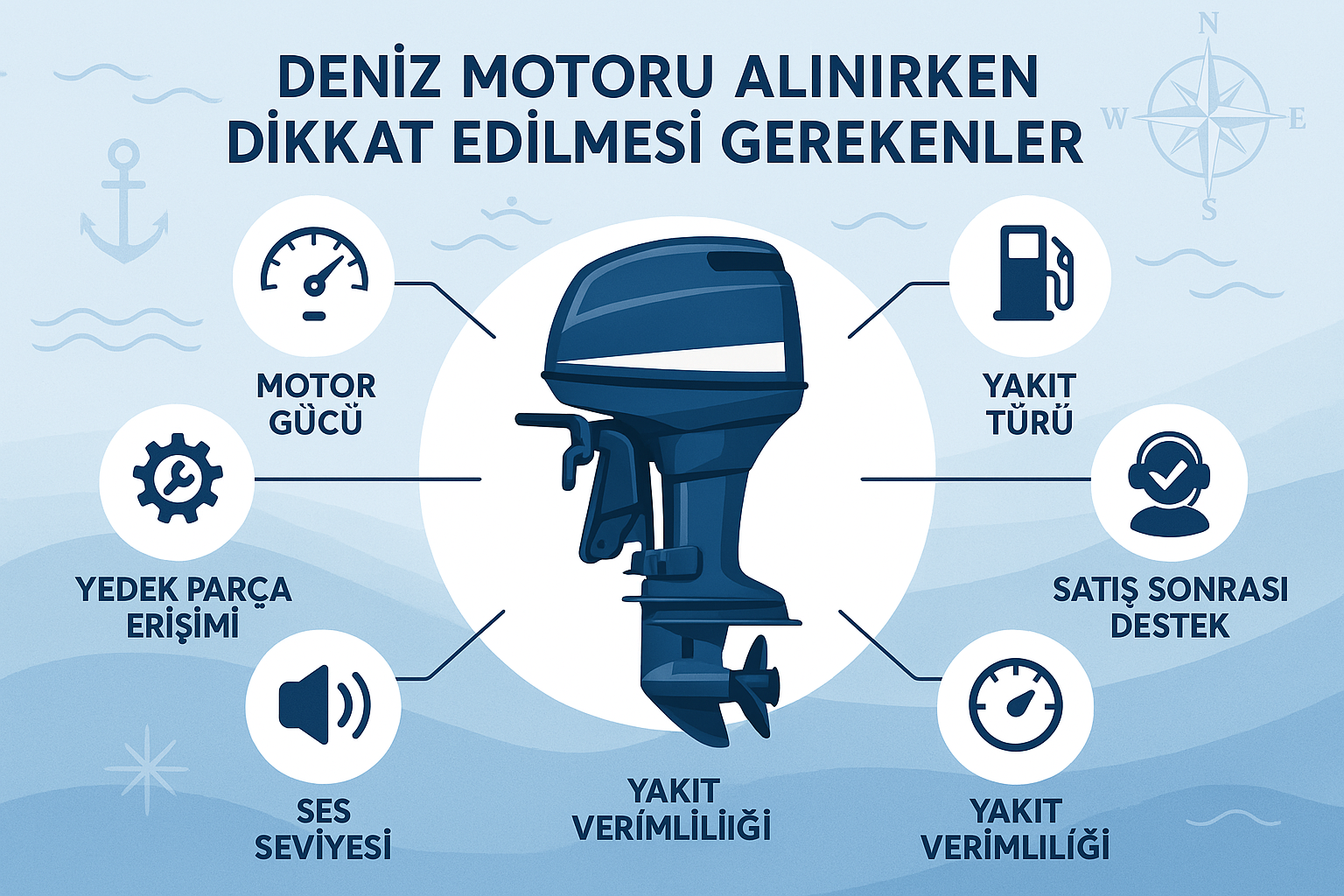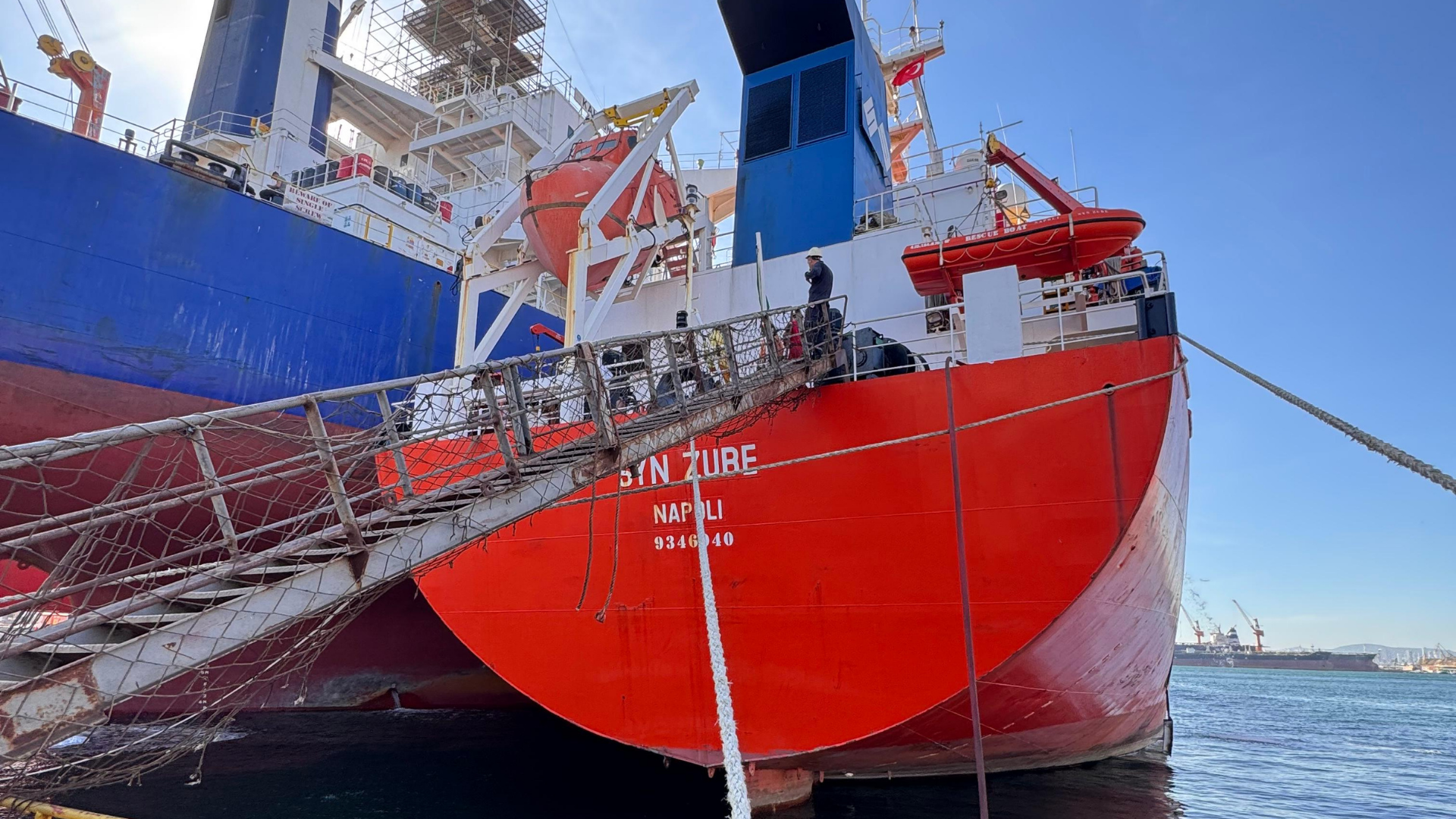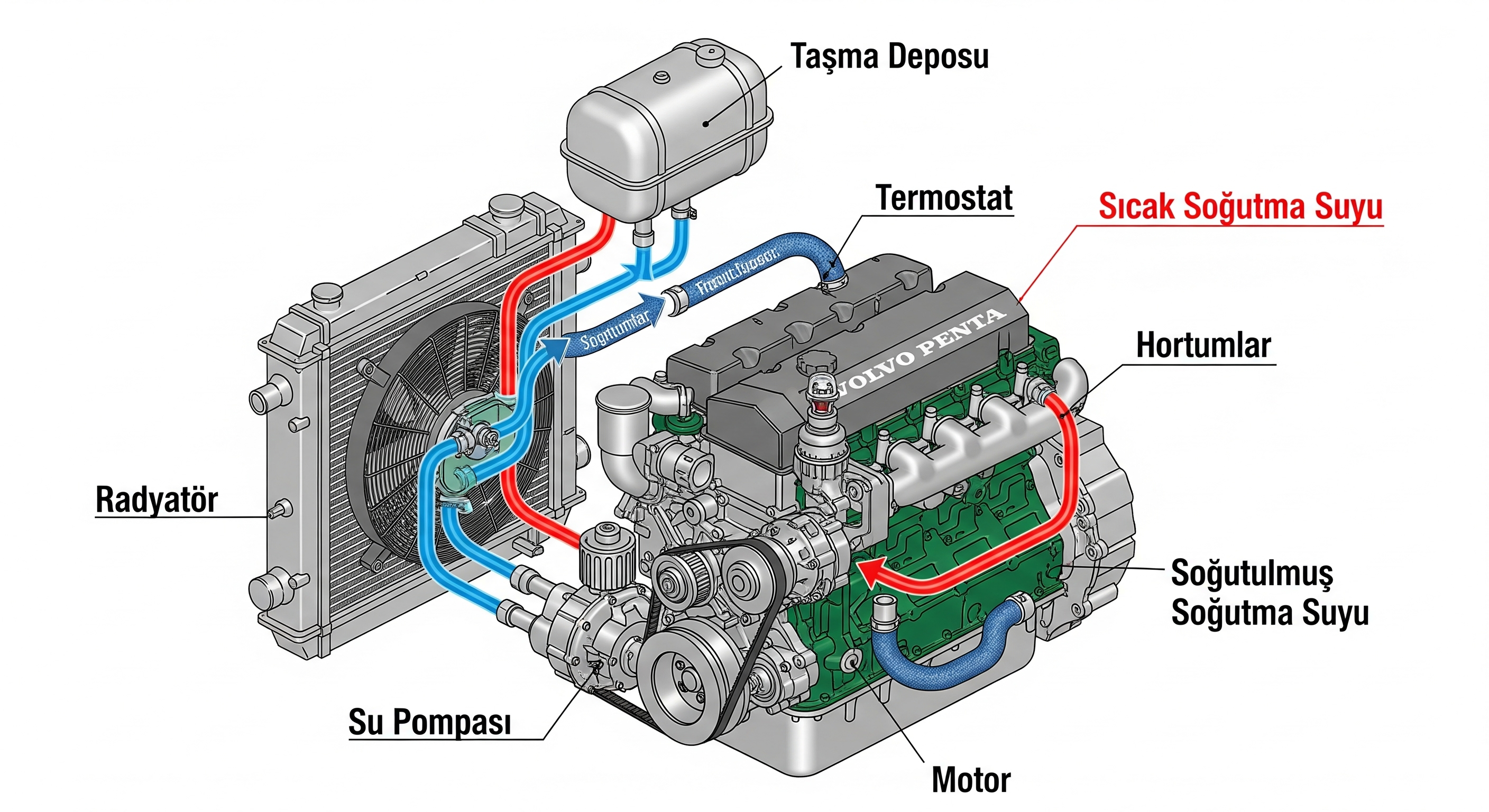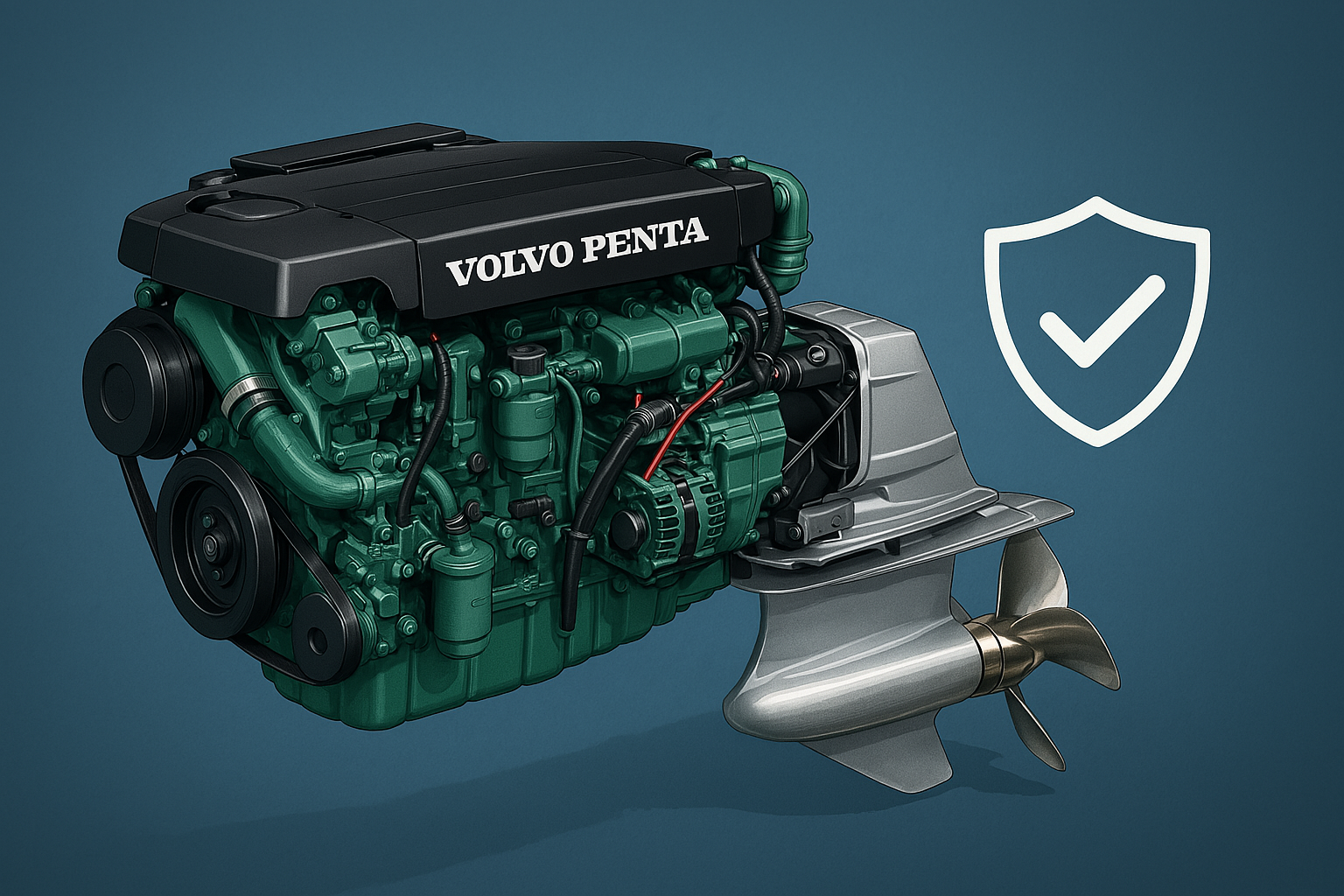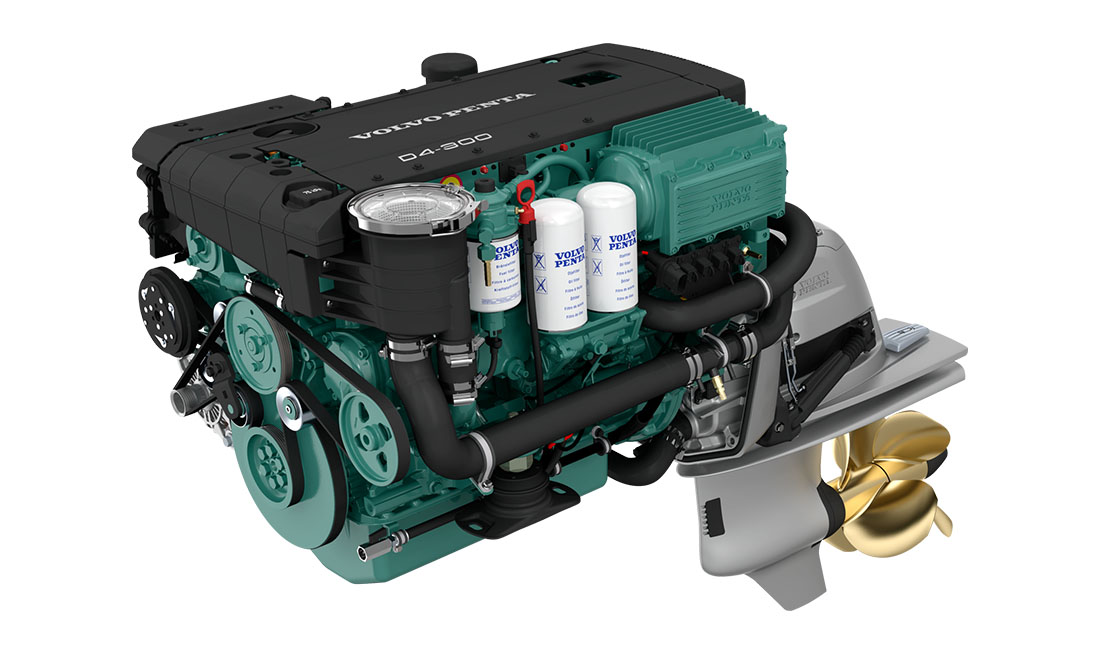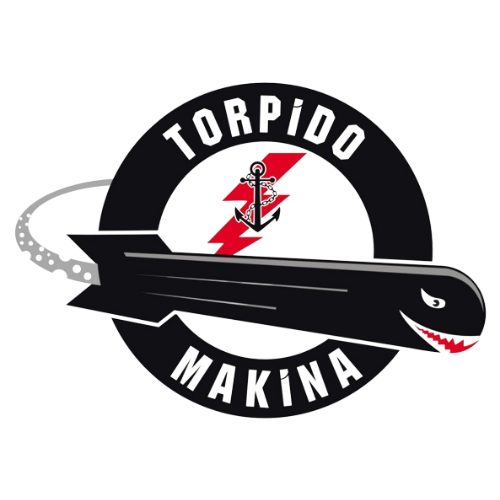The first step in purchasing a marine engine is to decide what you will be using the engine for. This choice will affect the type, power, and features of the engine you purchase. First, you need to consider the type of boat you will be using the engine on. Your choice of an outboard or inboard system may vary depending on the structure of your boat and its intended use.
The intended use is also an important factor. If you are purchasing the engine for a hobby such as fishing, it is advisable to choose an engine that is low-profile and operates quietly. On the other hand, for cruising or fast cruising, a marine engine with higher power capacity, such as Volvo Penta, may be preferred. These types of engines provide the necessary performance while allowing you to enjoy a pleasant experience on the water.
You should also consider the area where the engine will be installed. While structures with high power are required for high-speed cruising, more compact and low-power alternatives can be selected for leisurely cruising and fishing. In any case, the fuel economy and maintenance costs provided by the engine should also be evaluated. Considering the cost factor in engine selection will prevent unexpected expenses that may arise in the future.
Finally, when purchasing an engine, you should also consider functionality, durability, and brand. Purchasing products from reliable brands such as Volvo Penta will ensure that you get a long-lasting and high-performance engine. Determining your needs before starting the purchasing process will definitely make it easier to choose the right engine.
Motor Types and Features
Marine engines are important pieces of equipment that vary depending on their intended use and the waterways they will be used on. Generally speaking, marine engines fall into three main categories: outboard motors, inboard motors, and electric motors. Each type of motor comes with its own set of advantages and disadvantages, and these characteristics can affect the performance and compatibility of the motor you choose.
Outboard motors are typically preferred for small boats. These motors are preferred for their portability and ease of installation. In addition, maintenance procedures are quite simple. However, they generally have less power capacity.
Inboard motors are commonly used in larger yachts and commercial boats. These engines generally offer greater power capacity and are ideal for long-term use. The main disadvantage of inboard engines is that they require more maintenance and have higher installation costs compared to outboard engines. The type of fuel is also an important consideration for these engines. Diesel engines are generally preferred for their fuel efficiency and durability.
Electric motors are growing in popularity due to environmental awareness and low maintenance costs. However, their power capacity is often lower than that of internal combustion engines. Electric motors can be a sensible choice for users with clean energy needs, but charging times and range limitations must be taken into account. When purchasing a marine motor, it is important to carefully evaluate the power, fuel type, and maintenance requirements of the motor you choose.
Budget Planning
Budget planning when purchasing a marine engine is critical to making a cost-effective choice that suits your needs. The market offers a variety of alternatives, including reliable brands such as Volvo Penta. Therefore, you need to consider the variability of engine prices when planning your budget.
First, it is important to calculate the total cost of the marine engine you are considering purchasing. In addition to the initial price of the engine, additional expenses should be taken into account during the purchase process. These additional costs include installation, maintenance, and spare parts when needed. Installation costs, in particular, can vary depending on the type of engine and may affect your total budget. Additionally, maintenance costs require you to allocate a specific budget in the long term. Therefore, it is beneficial to research maintenance requirements and their associated costs before making a purchase.
When evaluating engine options across different price ranges, it is essential to consider not only the price but also criteria such as the engine's performance, durability, and warranty period. When determining your expenses, you should create a solid budget by considering both immediate costs and potential long-term expenses. This will enable you to make a more informed decision when purchasing a marine engine and ensure a long-lasting investment.
The Purchasing Process and Used Engines
The marine engine purchasing process is critical in terms of buyers finding the right engine for their needs. This process should begin with the type and model of engine you want to purchase. For example, reliable brands and models such as Volvo Penta are generally preferred in the marine engine market. Therefore, researching local and online dealers is an important step for potential buyers.
Local sellers offer advantages such as the ability to see and test the engines directly, while online sellers provide access to a wider range of products and competitive prices. Which method to choose depends on personal preferences. However, during the purchase, it is necessary to evaluate factors such as the warranty, service support, and after-sales support offered by the seller. These factors will provide the buyer with significant advantages in the long term.
There are several important considerations when purchasing a used marine engine. First, the overall condition of the engine must be inspected by a technician before it is started. Information about the engine's history, maintenance records, and current condition should be obtained. A test drive is important to experience the engine's functionality and performance. Additionally, it is important to ensure that all documents related to the engine are complete, as these documents prove the engine's legality and reliability.
In conclusion, paying attention to every step when purchasing a marine engine ensures long-term satisfaction and a safe experience. Whether new or used, the right engine selection makes a significant difference when enjoying water sports.

